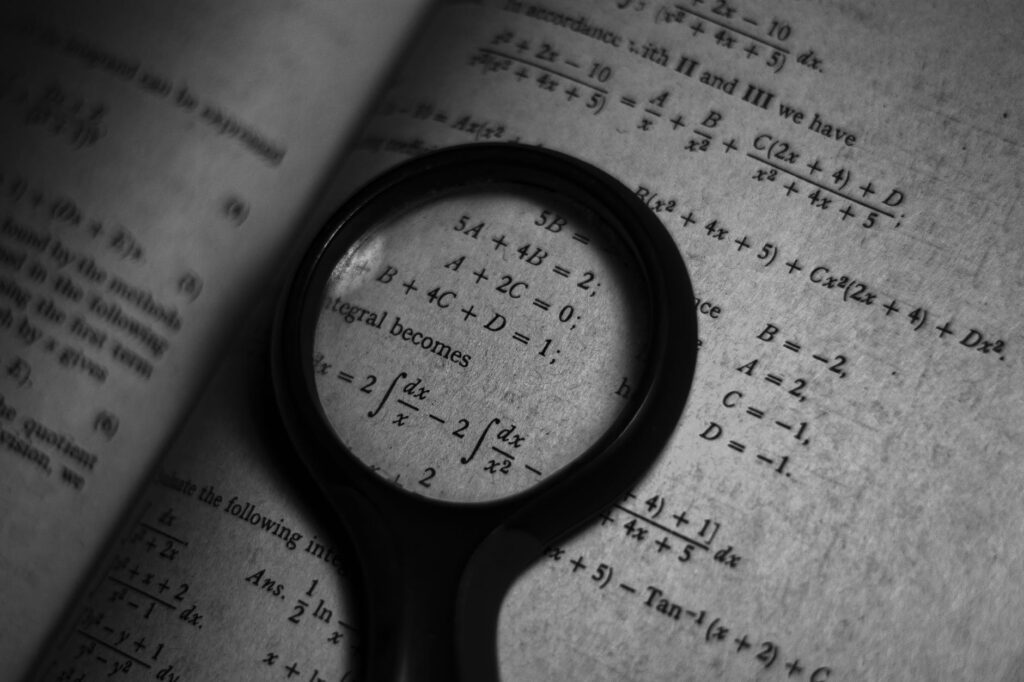Why do so many people hate maths?

It is not uncommon to hear “I hate math” or “math is really hard”. Perhaps you have even said these words before. Math has a reputation of being a hated subject and of making too many students struggle. Where does this hatred of math come from? Why do so few students realize how rewarding and fun this subject can be? Here are some points of reflection on the reasons why math is hated, but also some ways to see math differently.
Many think it’s boring and useless
Many students are not enthusiastic about spending an hour talking only about numbers, formulas and concepts that may seem detached from reality. It is easier to project and invest oneself in subjects like languages or history because the link with reality is more easily visible: maths, on the other hand, seem really abstract, irrelevant and hard to understand.
However, math is present in our daily lives: when it comes to making a recipe, calculating a budget for your vacation, etc. Many young people do not realize how important maths can be in their future job: whether it is a manual job like carpenter or a job in the service industry like salesman: maths are indispensable.
Mathematics require a lot of memorization
Difficulties in maths can be explained by the fact that many rules and equations must be memorized. For some students, this memorization requirement can be really blocking and create anxiety: some have trouble remembering a historical date, so they think that maths are beyond their reach. In fact, memorization is only one part of learning maths. The goal is not just to memorize everything , but to understand the reasoning behind it. There is no age limit to develop mathematical thinking, and many games make it possible to do so in a funny way.
Learning math requires making mistakes
Who ever heard his teacher say “to progress, you have to redo the exercises”. This is not wrong, because to improve in maths and problem solving you have to face the difficulty, again and again. Often, in a series of exercises, you have to do the same thing, follow the same reasoning but with different data. This approach can seem frustrating and discouraging for many, and in the end some students may turn away from this discipline. However, making mistakes is an integral part of the learning process, whether in school or in life in general. To improve, perseverance is key.
Maths seem to be a rigid subject
As we have seen, reasoning and understanding mathematical logic are very important. Yet, a student may have understood a concept, make a calculation error and end up with a wrong answer at the end and therefore get a bad grade, which is very devaluing. Math seem to be binary, either it’s right or it’s wrong. This quest to get the right answer from the teacher can create real anxiety for learners. In addition, some teachers are themselves rigid, on discipline for example, which can accentuate the students’ feeling of discomfort during maths classes. One solution can be one on one help, so the student will have a teacher who will try to find solutions to make certain concepts accessible to him and to guide him in his reflections and make him acquire the right mathematical reflexes, all in a caring atmosphere.
These reasons are not an exhaustive list of why people don’t like maths. Note, however, that the hatred of math tends to become societal: by hearing that maths are hard and useless, some children will imbibe this idea even before their first math class. Think about that the next time you talk about maths!











Responses